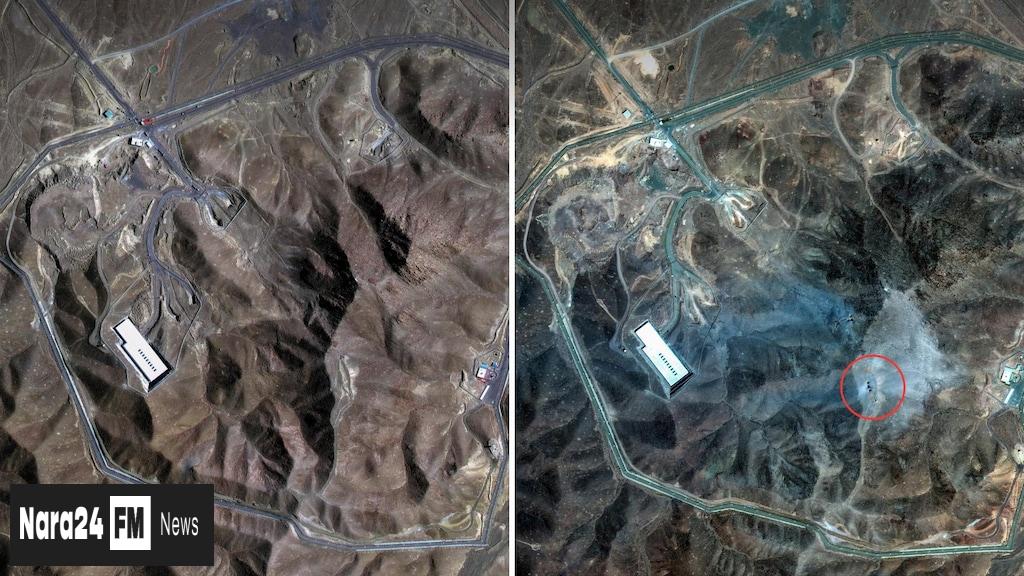DOHA, Qatar—Iran attacked the Al-Udeid Air Base in Qatar early Tuesday, marking a sharp escalation in hostilities across the Middle East. Tehran framed the strike as direct retaliation for weekend U.S. bombardments of its nuclear sites, amplifying already soaring tensions involving Israel and Washington.
The Strike and Retaliation
Residents in Qatar’s capital, Doha, reported thunderous explosions overhead as air defense systems engaged incoming projectiles. Verified footage captured bright flashes lighting up the night sky during the interception attempts. Iran’s Revolutionary Guard Corps (IRGC) confirmed targeting Al-Udeid—the largest U.S. military installation in the Middle East and regional headquarters for American air operations—declaring that "U.S. bases represent vulnerabilities, not strengths." British personnel also rotate through the facility.
Conflicting Details and Warnings
Discrepancies emerged over the attack’s scale: Iran claimed six missiles, U.S. officials cited 14, and Qatari sources reported 19 intercepted launches with zero casualties. Hours beforehand, the U.S. and UK advised citizens in Qatar to shelter in place, affecting thousands of expatriates. Though American authorities initially described alerts as precautionary, intelligence later indicated a "credible threat" to the base. Qatar temporarily shut its airspace, diverting flights from Hamad International Airport—a global transit hub handling 140,000 daily passengers.
Aftermath and Diplomatic Fallout
Iran privately notified Qatari officials of the impending strike to minimize harm, according to sources cited by the New York Times. Former U.S. President Donald Trump acknowledged Tehran’s advance notice, calling the assault "very weak" and asserting no American injuries occurred. He suggested de-escalation was now possible. Qatar’s government, however, condemned the "surprise" violation of its sovereignty, while Iran’s Supreme Leader Ayatollah Ali Khamenei vowed on social media: "We will not submit to anyone’s violation."
Broader Conflict Context
The strike follows massive U.S. operations against three Iranian nuclear facilities on Saturday—retaliation for Israel’s ongoing campaign to cripple Tehran’s atomic program. Israel insists its strikes, which began June 13, prevent nuclear weapon development, though Iran maintains its activities are peaceful. Regional airspaces, including Bahrain and Kuwait, faced brief closures amid the crisis, underscoring fears of further instability along critical corridors like the Strait of Hormuz.








Comments (0)
Leave a Comment
Be the first to comment on this article!